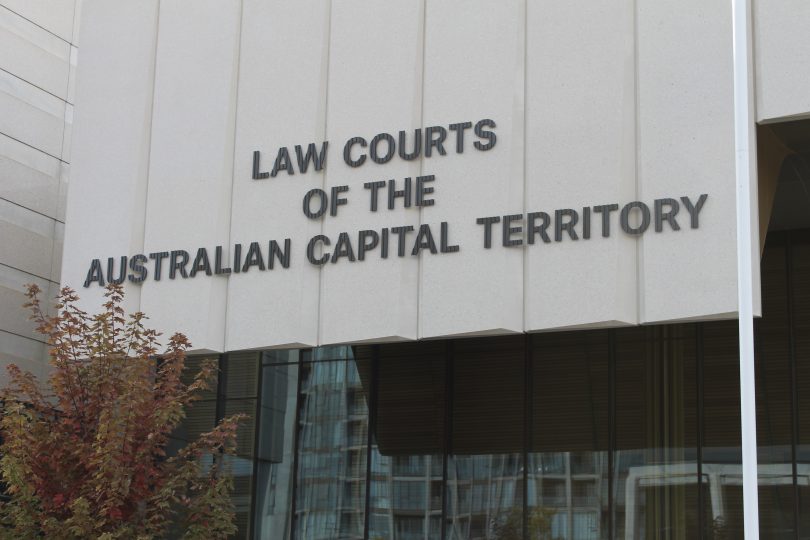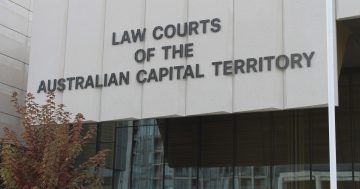
The drug dealer handed the bag containing drugs and cash to a five year old. Photo: Albert McKnight.
A drug dealer had just left a prestigious five-star Canberra hotel when he handed a bag full of MDMA and meth potentially worth more than $200,000 to a five-year-old child to carry. But shortly afterwards, he returned to the hotel to say the bag had been lost.
Justice John Burns, who released his judgement for the ACT Supreme Court case on 19 August, said the 35-year-old checked into the Hyatt Hotel on 31 January 2021, paying over $1000 for one night’s accommodation. He was seen with “a large wad of cash” and a black computer bag.
The next morning, the man handed the computer bag to the five-year-old after leaving the hotel with a woman and a second child.
But shortly afterwards, a member of the public gave the bag to hotel staff, who opened it to try to find its owner, discovering it contained cash, drugs and an ACT proof of age card in the man’s name.
The man returned to the hotel to tell staff his laptop had been lost and asked if a black computer bag had been handed in, telling them it contained $20,000 in cash.
Police seized the bag, finding it contained about $9500 in cash, 380 brown pills of MDMA weighing about 108 grams, as well as 185 grams of methylamphetamine.
The bag also contained a digital calculator scale and what was described as a “glass smoking implement”.
Police said the street value of the methylamphetamine was between about $33,000 and $192,000, depending on how it was sold, while the street value of the MDMA was between about $7,600 and $15,000.
“I am left in no doubt that you were actively involved in trafficking the [MDMA] and the methylamphetamine to end-users,” Justice Burns told the man.
“I am satisfied beyond reasonable doubt that you were slightly above a street-level dealer in that you were not trafficking in drugs simply to support your own habit, but you also intended to make some profit.”
Justice Burns said the stonemason, who had six children with his co-offender partner, had begun using methamphetamine when he was 18.
He said a court report stated the man accepted the facts in the case and attributed his offending to antisocial influences, drug use and poor decision-making.
Justice Burns said the man, whose name had been protected with a pseudonym in his judgement, had provided “significant assistance” to authorities, for which he would get a reduction of jail time.
He sentenced the man to one year and seven months’ jail, with a non-parole period of 11 months, meaning he is eligible to be released in February 2022.
The man had pleaded guilty to charges that included two counts of trafficking in a controlled drug other than cannabis.




















